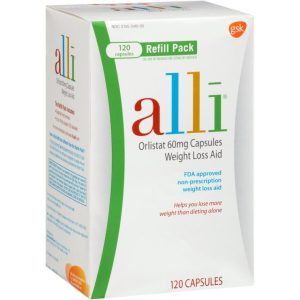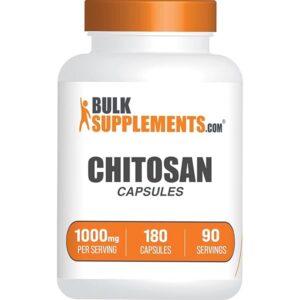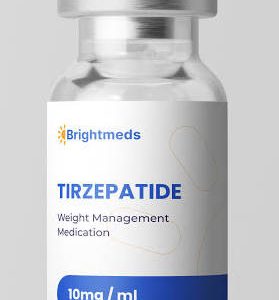Weight Loss
Weight Loss Pills: “Detailed Review of the Best Diet Pills, Pros, and Cons”
In the quest for weight loss, the most efficient weight loss pills are increasingly fill the void in supporting dietary and exercise regimens. From herbal weight loss pills to strong, the market offers consumers numerous options in order to increase metabolism, reduce fat, along with suppress appetite via FDA-approved prescription pills. Learning more about both the strengths and also weaknesses regarding diet pills enables one for making effective and safe choices now. It likewise warns of the risks that diet pills could possibly create.
Showing 1–9 of 41 results
Understanding Weight Loss Pills
Weight loss pills, also known as diet pills, are pharmaceutical drugs and dietary supplements that are meant to burn body fat in excess. The mechanism by which they work is by lowering appetite, increasing metabolism, or blocking fat absorption or the combination of the two. The pills are dispensed over the counter without a prescription from a doctor or obtained by medical prescription, and the distinction matters in terms of effectiveness and safety.

The most popular ingredients in top weight gain pills
Prescription vs Over-the-Counter Pills: The Major Differences
| Type | Description |
|---|---|
| Prescription Tablets | Prescription tablets are tested effective medications by clinical trials. They include phentermine, liraglutide, and semaglutide, among others. These tablets are likely to produce stronger effects but may produce side effects requiring physician attention. |
| Non-Prescription Tablets | Non-prescription tablets are likely to have herbal extracts like Garcinia Cambogia and Green Tea Extract. They are readily accessible, usually safer for those who use them occasionally, but tend to produce slower and modest weight reduction effects than prescription medications. |
The Role of Consulting a Healthcare Professional :
Before starting on any weight loss tablet—prescription or OTC—an appointment with a physician is necessary. This ensures that the product chosen is safe in terms of medical history and that optimal dosage and administration to avoid side effects are followed. Before starting on any weight loss tablet—prescription or OTC—an appointment with a physician is necessary. This ensures that the product chosen is safe in terms of medical history and that optimal dosage and administration to avoid side effects are followed.
Potential Side Effects and Disadvantages of Weight Loss Pills
Common Side Effects
Orlistat, semaglutide, tirzepatide and tablets extensively FDA tested, like newer GLP-1 agonists, have noted side effect profiles with well-established benefits.
Headache, dizziness, dry mouth, and insomnia are potential side effects, especially with appetite suppressants like phentermine.
Severe Side Effects
Pancreatitis (pancreatitis), gallbladder disease, and kidney disease have been linked to some GLP-1 drugs.
Cardiovascular risks, including increased heart rate and blood pressure, are problems with stimulant-based prescription pills like phentermine.
Some minor but notable side effects including thyroid tumors or suicidal ideation have been noted in long-term studies of some of the newer drugs and need to be used under strict medical monitoring.
FAQ’S
Best Weight Loss Pills Over the Counter
Over-the-counter weight control pills offer mild appetite suppression and metabolism increase effects that are made from natural ingredients like Garcinia Cambogia, Green Tea Extract, and CLA. They happen to be over-the-counter as they best suit people in need of continuing weight control support.
FDA-Approved Weight Loss Pills
FDA-approved medications include Orlistat, semaglutide (Wegovy), liraglutide (Saxenda), phentermine, and tirzepatide (Zepbound). They are weight loss medications that have been proven to work clinically but require a doctor’s prescription and monitoring for possible side effects.
How to Ask Your Doctor for Weight Loss Pills
Consult your doctor freely articulating your weight reduction goals and dietary challenges. Query directly about taking FDA-endorsed weight loss tablets in your case, debating the benefits and drawbacks at length. Education allows your doctor to customize the safest, most helpful drug or supplement to your health. Your doctor will recommend it according to this education and your condition.
Final Decision
Weight gain pills may be a supporting role, but they can’t replace of solid nutrition, training, and medical guidance. Many are dangerous, some are unverified.
Before using them:
- Consult with your Doctor
- Use products, read their reviews and check the quality assurance.
- Beware of Side effects
Phone
+1(856) 946-6647
Location
New Jersey,USA
maryanpharmacy@gmail.com
Store Ours
S-S: 9am – 4pm









